
Resources
Here on our resources page you will find everything you need from guides and manuals to FAQ and Step Files
Guides & Manuals

Grow Rack System
Assembly Guide
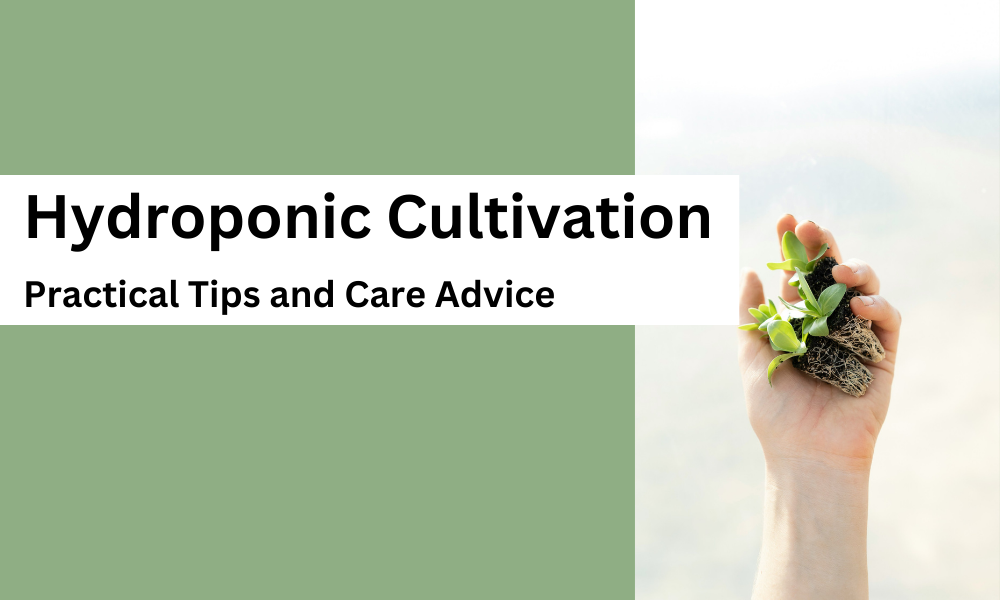
Hydroponic Cultivation
Practical Tips and Care Advice
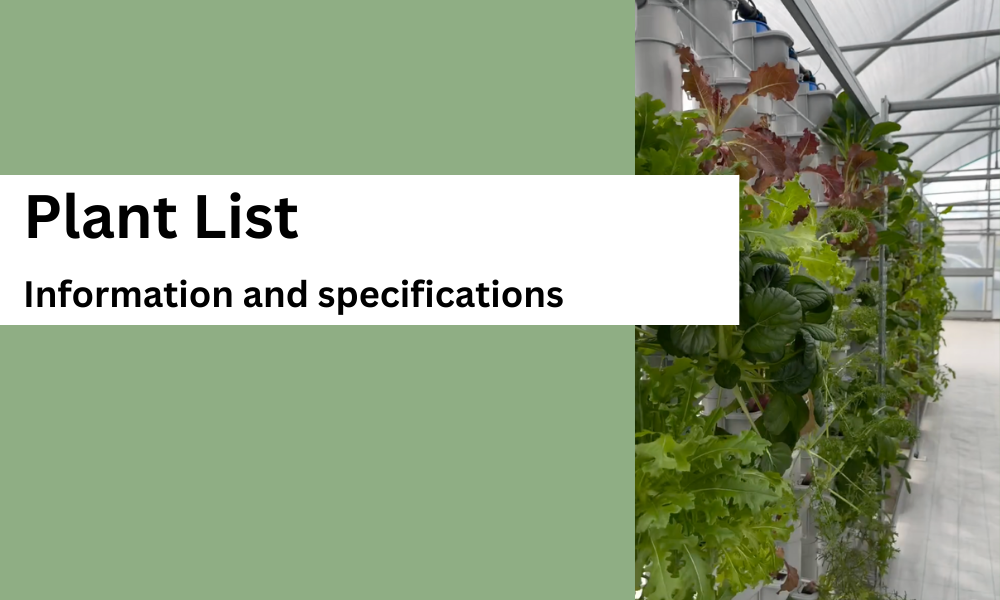
Plant List
Information ans Specifications
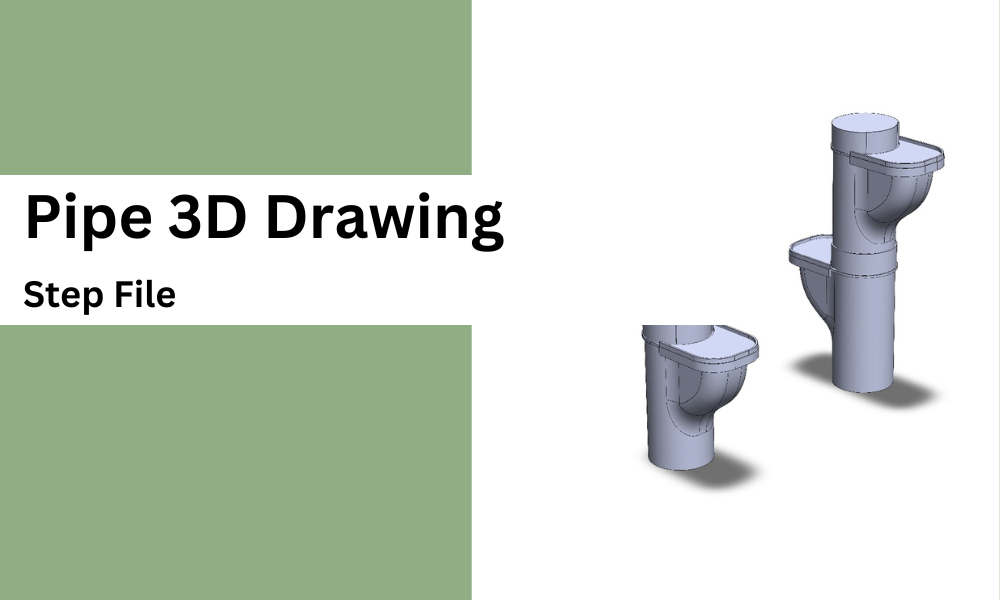
Pipe 3D Drawing
Step file
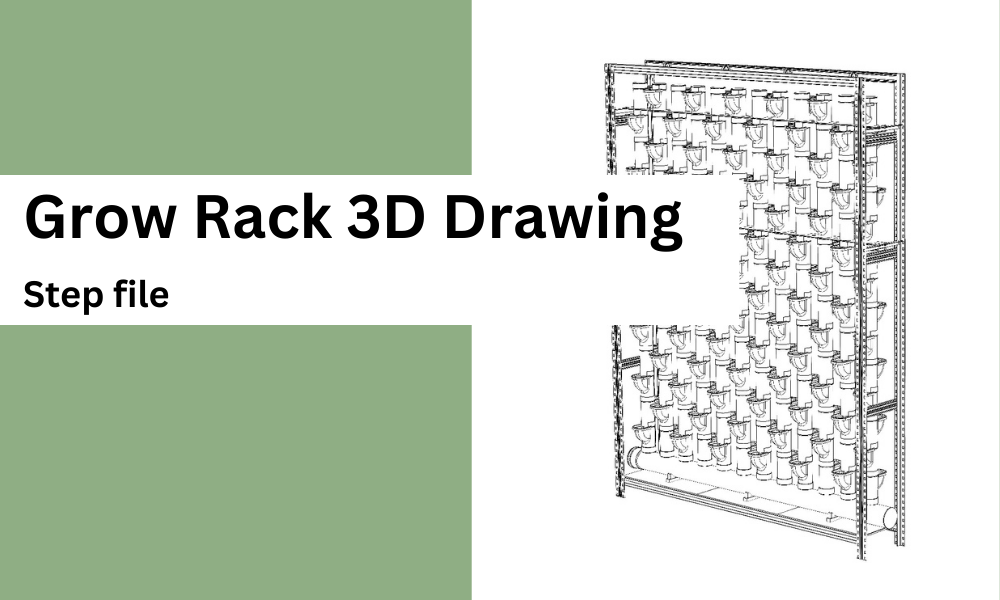
Grow Rack 3D Drawing
Step file 180×200

Grow Rack 3D Drawing
Step file 180×250
Freequently Asked Questions
What is hydroponics?
Hydroponics is a cultivation method that excludes soil, opting instead to introduce nutrients directly into the water supply. By using liquid nutrients, plants can dedicate more energy to leaf growth, reducing the time spent obtaining food from the soil. Hydroponics addresses two pressing global issues: the decline in soil quality and the increasing scarcity of water. Additionally, hydroponic systems offer a promising solution to food safety concerns associated with conventional agriculture, mitigating problems like excessive pesticide usage and metal contaminants in the soil.
What are three advantages of cultivating crops hydroponically?
Hydroponic farms use less water compared to traditional soil-based methods.
They do not contribute to soil degradation or suffer from its effects.
Hydroponic systems provide higher yields in smaller areas, enabling growers to produce more fresh foods than traditional farming.
What is the primary benefit of hydroponics?
The foremost advantage of hydroponics can vary depending on perspective. For us, hydroponic farming allows the cultivation of fresh, healthy food year-round, especially in regions where such produce is challenging to find. This means the potential to feed populations in arid deserts, icy tundras, and urban environments, ultimately contributing to global food security.
Do plants grow faster in hydroponics?
Yes, plants can grow up to twice as fast in hydroponic systems due to the ability to control the plant’s environment and provide optimal nutrients directly to the roots.
Does hydroponics consume a significant amount of electricity
The electricity consumption in hydroponics depends on the setup. Some systems use grow lights, while others utilize natural sunlight supplemented with artificial lighting as needed.
What is the recommended plant for hydroponic cultivation?
While various crops thrive in hydroponic environments, leafy greens, such as lettuces, herbs and strawberries are commonly chosen by growers.
Which is more efficient: hydroponic farming or organic farming?
Both hydroponic and organic farming offer energy efficiency benefits compared to older soil-based methods. However, a well-designed hydroponic greenhouse tends to be more efficient than most organic farms.
How does hydroponics contribute to environmental benefits?
Hydroponic greenhouses use no soil or pesticides and require less water than traditional farming methods, contributing to environmental sustainability.
How safe is hydroponically grown food?
Hydroponic crops are less susceptible to contamination, reducing the risk of food recalls common in traditional soil-based farming.
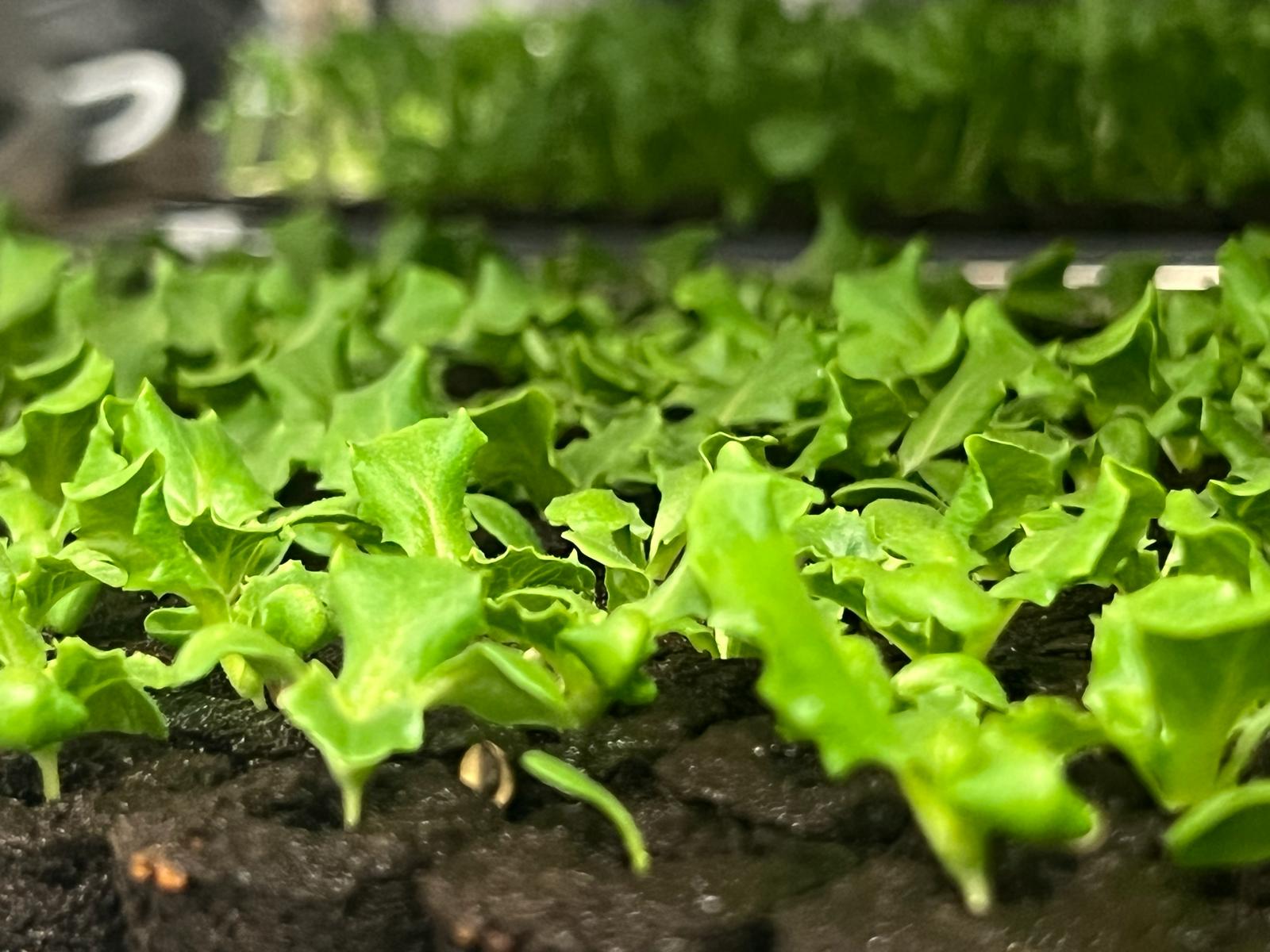
Can’t find what you’re looking for?
Get in touch with us now and we’ll answer all your questions.